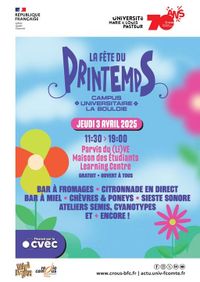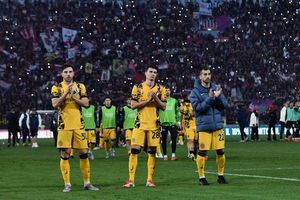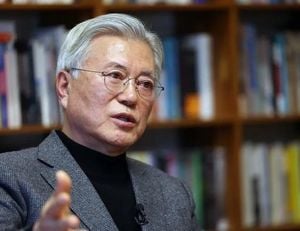On March 20, 2025, Norouz, the Persian New Year, will be celebrated by approximately 300 million people, welcoming the year 1404 in the Persian calendar. This vibrant and significant holiday marks the arrival of spring, symbolizing renewal, fertility, and the triumph of light over darkness.
Nourished by centuries of tradition, Norouz is celebrated not only in Iran but also in several surrounding nations such as Tajikistan, Afghanistan, Azerbaijan, Turkey, Syria, Iraq, and Uzbekistan. Historically, it has been a moment of gathering, family reunions, and cultural expressions. "It's a celebration that has been held for millennia, stemming from religion and customs dating back to Zoroaster," explained Minou Sabahi, an Iranian chef, during an interview with France 24. Celebrated at the spring equinox, Norouz lasts for 13 days, allowing for rich traditions to flourish.
Minou Sabahi further elaborated on the ritual nature of the festivities: "During Norouz, the 13 days of celebrations are very ritualized." Homes are thoroughly cleaned in preparation for the New Year, a symbolic gesture to sweep away the old and welcome the new. This practice conveys a belief that letting go of negativity opens the doors to joy and positivity.
At the heart of the Norouz celebration is the Haft Sin table, a colorful display adorned with seven symbolic items that begin with the Persian letter "S." Each item holds a unique meaning, representing core values cherished in Persian culture:
- Sabzeh (sprouted grains) - symbolizes rebirth and renewal.
- Samanu (sweet pudding) - signifies wealth and fertility.
- Senjed (dried fruit) - represents love.
- Seer (garlic) - stands for medicine and health.
- Seeb (apple) - embodies beauty and good health.
- Somāq (sumac berries) - symbolizes the triumph of good over evil.
- Serkeh (vinegar) - promotes wisdom and age.
As Minou Sabahi noted, "We prepare a Haft Sin, a large platter where each item represents a value: prosperity, health, wisdom." This table not only serves as a centerpiece for gatherings but also invites reflection on the virtues that resonate throughout the celebration.
Nations participating in Norouz strive to maintain the deep historical and cultural elements that define this unique festival. In 2009, UNESCO recognized Norouz as part of the Intangible Cultural Heritage of Humanity, highlighting its significance to collective identity and cultural continuity.
The United Nations also acknowledged the importance of this gathering by designating March 21 as the International Day of Norouz, emphasizing the global relevance of this vibrant celebration. As people engage in the rituals, it serves as a reminder of the interconnectedness that Norouz fosters among communities, bridging cultures and traditions around the world.
Norouz is not merely an occasion for family reunions; it is a powerful statement of resilience and hope. As people come together to share traditional meals, exchange gifts, and recount tales of their heritage, they are essentially affirming their shared values and beliefs. This act of coming together is more meaningful than ever in today’s fragmented world.
The essence of Norouz echoes a universal theme of renewal—be it within one's home, relationships, or the broader facets of society. It serves as an opportunity for contemplation, personal growth, and the enjoyment of natural beauty as the season of spring emerges.
As the celebrations commence on March 20, individuals from diverse backgrounds will partake in this age-old festival, enriching their lives with traditions that have weathered the test of time. While aspects of Norouz may have evolved, the spirit of goodwill, happiness, and unity remains unchanged.
From its ancient origins to its modern significance, Norouz continues to be a beacon of light, reminding all of humanity about the values of hope, unity, and the promise of a fresh start as the new year unfolds. So as people around the world gather to wish each other "Eid-e Shoma Mobarak"—Happy New Year—this vibrant celebration will undoubtedly continue to thrive and inspire future generations.




